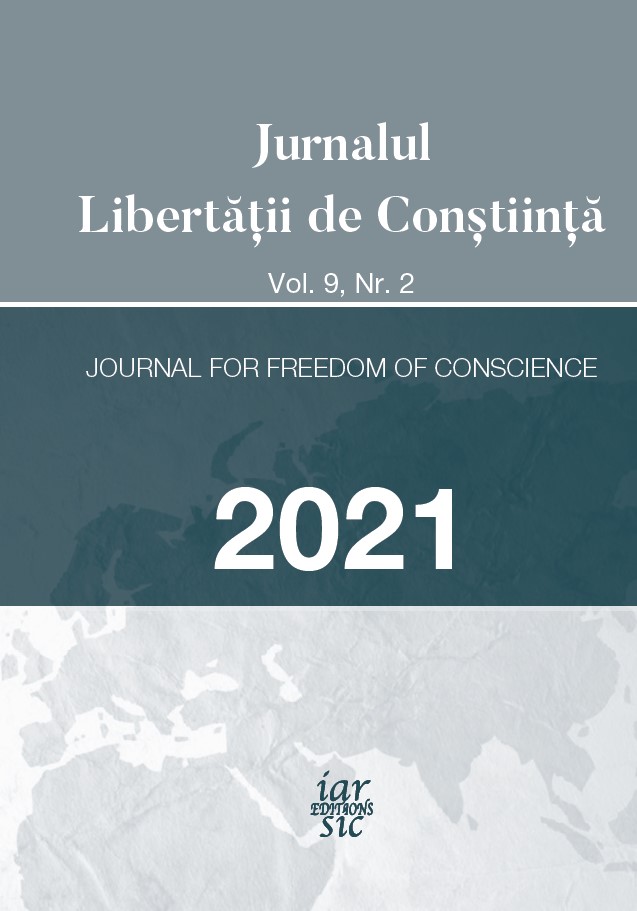OMUL CA AGENT ETIC – NEVOIA DE VALIDARE TRANSCENDENTALĂ A ETICII VIRTUȚII (IOV 31 CA EXEMPLU)
The Human Being as An Ethical Agent – The Need for Transcendental Validation of The Ethics of Virtue (Job 31 as An Example)
Author(s): Gheorghe Șchiopu-ConstantinSubject(s): Epistemology, Biblical studies, Sociology of Religion
Published by: Editions IARSIC
Keywords: virtue ethics; Job 31; loyalty; authenticity; integrity; honesty; altruism; truth; meta-epistemology;
Summary/Abstract: The ethics of excellence, often referred to as the ethics of virtue, considers how one can achieve excellence by cultivating different moral virtues. A person is virtuous when he chooses the right path from his own disposition. For the contemporary man, the image of the ethical agent discovered in Job 31 may be a moral landmark insofar as the moral values encountered here cross the line of time and space. If in Job 31 it is sought a transcendental validation of the behavioral ethics manifested by the central character of the book, in contemporaneity, in order to pass over what ethicists call Tragödie der Sittlichkeit, we need to define the virtues in terms of truth and meta-epistemology. From this perspective, the virtues discovered in Job 31, such as loyalty, authenticity, integrity, honesty, and altruism, are compatible with the contemporary perspective on the philosophy of moral virtue.
Journal: Jurnalul Libertății de Conștiință
- Issue Year: 9/2021
- Issue No: 2
- Page Range: 393-407
- Page Count: 15
- Language: Romanian

